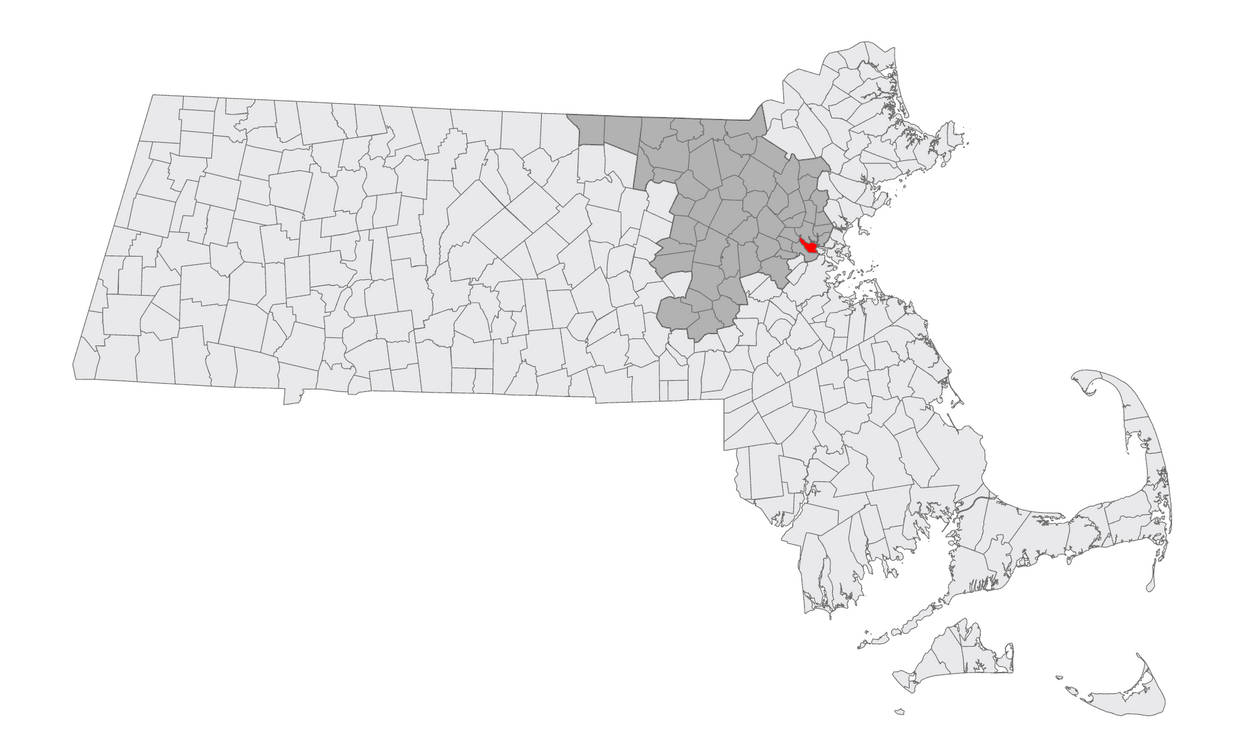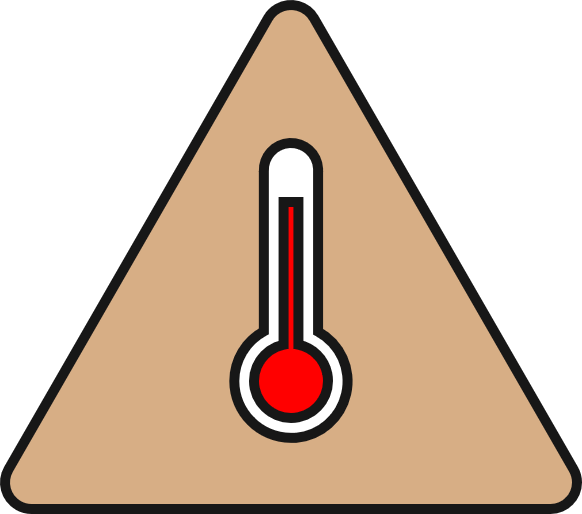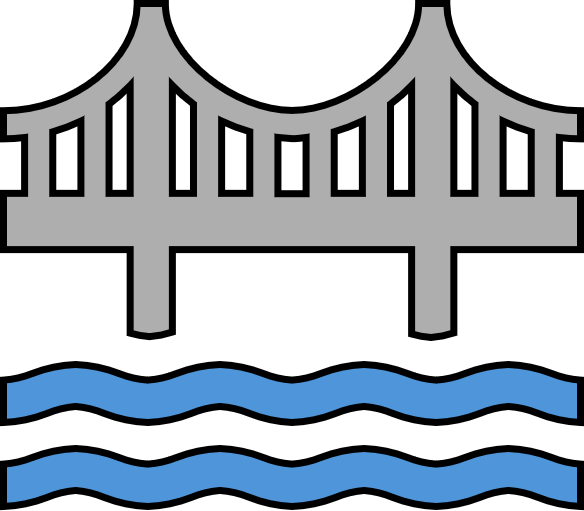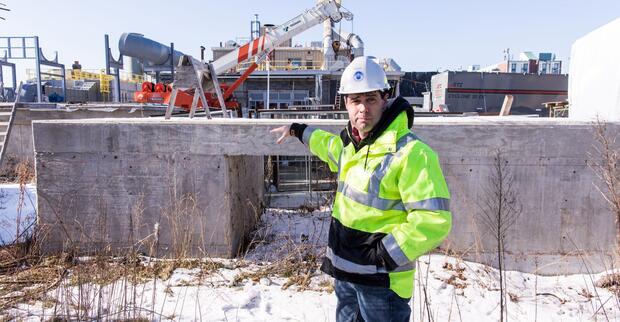Overview
Somerville is a City in Middlesex County, Massachusetts, in the eastern part of the state. They have a population of 80,407 people and an area of 4.1 square miles. Climate hazards present in Somerville include coastal flooding, inland flooding, and extreme temperatures.
Core Team
The MVP 2.0 Core team is a group of municipal staff and Community Liaisons who work together to identify local climate resilience priorities and implement a project that supports those priorities.
Somerville's Community Liaisons includes representation from:
- Director of Innovation, Somerville Public Schools
- Climate Safe Neighborhoods Director, Groundwork Somerville
- Coordinator, Immigrant Service Providers Group
- Deputy Executive Director, Community Action Agency of Somerville
- Program Manager, Health Improvement Team, Cambridge Health Alliance
- Student, Junior at Somerville Public Schools
- Senior Mediator, CBI
Somerville's Core Team includes municipal representation from:
- Climate Change Program Manager
- Resiliency Planner
- Director of Office of Food Access and Healthy Communities
- Deputy Director of Racial & Social Justice
- Director of Engineering/Stormwater Program Manager
Community Resilience Priorities
Community resilience priorities are practical actions created during the MVP 2.0 Planning Grant process. They were shaped through community input, thoughtful discussion about changing local needs, and feedback from Environmental Justice groups and other community members.
Somerville, in partnership with their Core Team, identified the following priorities through the MVP 2.0 process.
| Priorities | Potential Actions | ||
|---|---|---|---|
| Priority 1: Implement a multi-faceted strategy to increase access to cooling and other amenities during climate emergencies. | Potential Actions: To be determined. | ||
| Priority 2: Enhance social capital and social infrastructure throughout Somerville to strengthen community resilience. | Potential Actions: To be determined. | ||
| Priority 3: Enhance public services and infrastructure to be resilient to the impacts of climate change. | Potential Actions: To be determined. | ||
| Priority 4: Expand equitable access to emergency preparedness resources and education ensuring language justice principles and accessibility are prioritized. | Potential Actions: To be determined. | ||
| Priority 5: Enhance social support systems to respond to intersecting impacts of climate hazards on marginalized communities. | Potential Actions: To be determined. | ||
| Priority 6: Identify and mitigate existing environmental hazards that are exacerbated through climate change and negatively impact community health. | Potential Actions: To be determined. | ||
| Priority 7: Construct stormwater infrastructure that incorporates nature-based solutions and increase citywide canopy cover for enhanced resilience benefits. | Potential Actions: To be determined. | ||
| Priority 8: Reduce accessibility barriers and climate impacts experienced by bicyclists and pedestrians. | Potential Actions: To be determined. | ||
| Priority 9: Foster regional collaboration to enhance knowledge and resource sharing with neighboring communities. | Potential Actions: To be determined. | ||
| Priority 10: Ensure adequate green workforce training and job opportunities for community members to support a just transition to industries impacted or expanded by climate action. | Potential Actions: To be determined. | ||
Somerville's MVP 2.0 Seed Project: Boost Somerville’s Nutrition Security Network
Somerville received funding to implement a Seed Project that addresses one or more of their climate resilience priorities.
This project will improve Somerville’s access to fresh healthy food by expanding cold storage and fresh food volume. The project will work with community partners to purchase and install a walk-in fridge and freezer, to store and distribute fresh food donations to community partners, nonprofits, and community fridges. Funds will also directly supply the cold storage unit with increased volumes of fresh food, strengthening Somerville's emergency food system. The total value of this project is $270,000, $50,000 of which will come from the MVP 2.0 Seed Project funding.
Somerville's Action Grant Projects
The MVP Action Grant provides funding to communities that want to take important steps to prepare for climate change, such as dealing with extreme weather, flooding, rising sea levels, and extreme heat.
Somerville Stormwater System Modeling for Improved Communications and Development of Green Infrastructure (FY18)
The City of Somerville will enhance its basic city-wide storm water and sanitary system model to understand its vulnerability to flooding on a street-by-street basis, and use this data to learn where green infrastructure can best impact flood control and water quality management and to develop a flood risk communications strategy, messaging, and materials targeted towards residents in inundation-prone areas.
Critical Regional Infrastructure and Social Vulnerability in the Lower Mystic Watershed (FY20)
The Resilient Mystic Collaborative will conduct a two-part vulnerability assessment of the Lower Mystic watershed. The first will identify interdependencies among critical infrastructure and potential cascading failures during and after an extreme coastal storm, while the second will engage with community and public health experts to identify possible impacts to vulnerable residents and workers when critical infrastructure fails.
Centering Social Equity in Regional Systems: Lower Mystic Resilient Community Centers Network (FY25)
This project builds on groundwork laid by seven individual municipalities and, with multiple community-based organizations and Resilient Mystic Collaborative staff, will advance a resilient community center network in the Lower Mystic Watershed area. This involves (1) developing a community of practice for resilient community center leaders, (2) centering resident-led programming design, and (3) conceptualizing and identifying sites for a regional network of indoor facilities to serve priority populations and others needing protection from extreme weather.
Blessing of the Bay Urban Heat Resilience (FY26)
The project seeks to improve local and regional urban heat resilience through the construction of a greenway at Blessing of the Bay Park in Somerville. Addressing urban heat is a core priority identified in Somerville's Climate Forward Plan. The project will build upon a community-led planning process to grow capacity and expand the park, replacing right-of-way asphalt with a shaded, low-carbon mobility route for environmental justice populations to access regional employment and transit centers at Assembly Square in Somerville and Wellington Circle in Medford.











